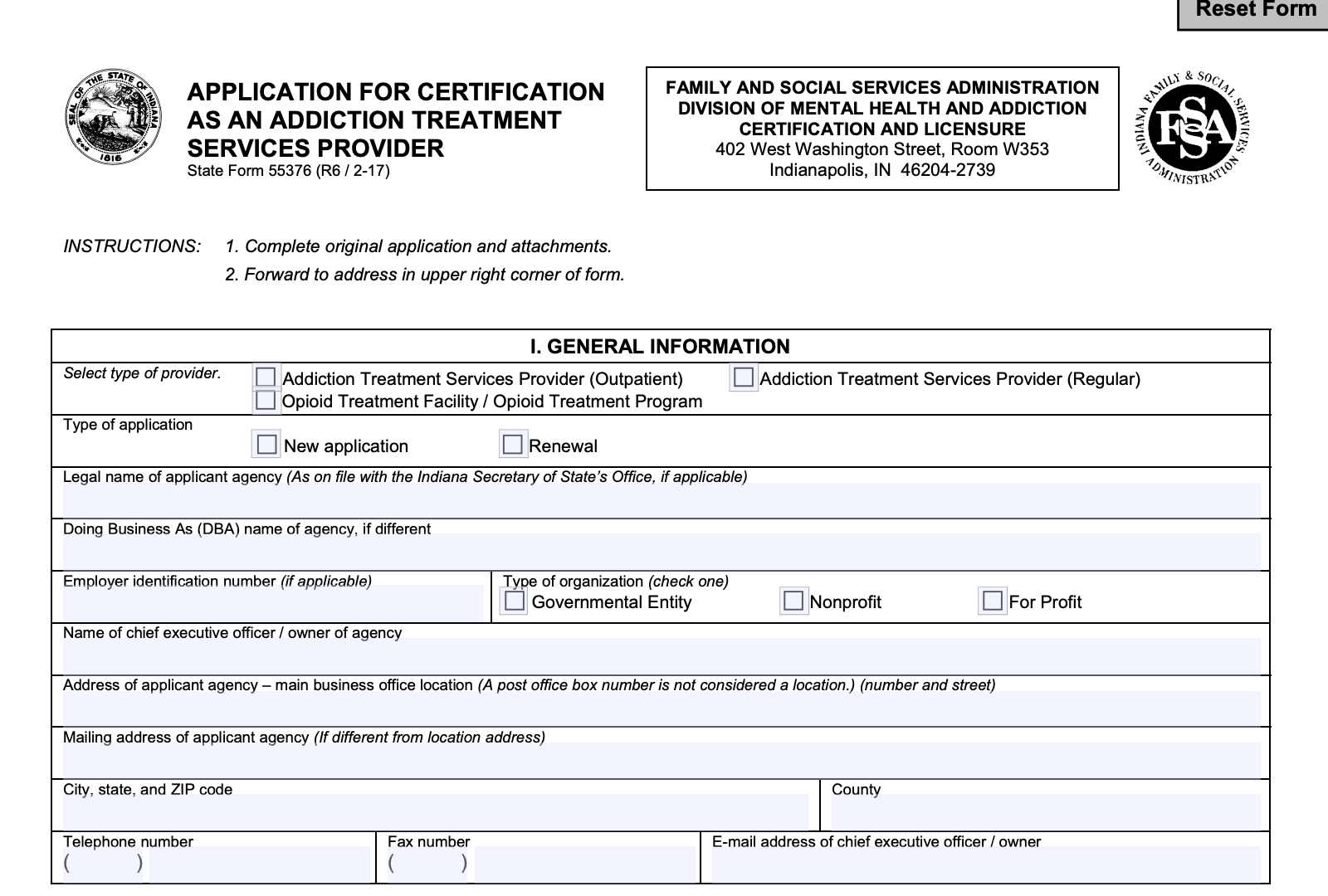Effective Strategies: Evaluating the Perfect Addiction Treatment Center
Effective Strategies: Evaluating the Perfect Addiction Treatment Center
Blog Article
Browsing the Journey of Detoxification in the Comprehensive Addiction Treatment Program
Starting the course of detoxing within the structure of an extensive dependency treatment program is a critical stage in the trip in the direction of recovery. The process of detoxing holds a considerable duty in damaging the physical reliance on substances and preparing the person for the subsequent phases of therapy. Browsing via detoxing is not merely a matter of physical cleansing; it involves a complex interaction of psychological, emotional, and social elements that call for cautious factor to consider and support. As people grapple with the obstacles of withdrawal signs and the unpredictabilities that lie in advance, having a structured plan and a durable assistance system in place ends up being paramount. In this conversation, we will explore the multifaceted elements of detoxing within the thorough addiction therapy program and clarified the critical parts that form this transformative trip in the direction of healing.
Importance of Cleansing in Recovery

Cleansing establishes the foundation for the remainder of the dependency therapy program by preparing the individual for further treatment and therapy. By cleaning the body important that have been clouding judgment and influencing behavior, detox allows clients to approach their recovery with a more clear mind and more powerful focus.
Furthermore, detoxification helps in handling the potentially severe withdrawal symptoms that might arise when medicine or alcohol use is quit. Doctor closely check individuals during detoxification to guarantee their security and supply required assistance. Via this process, individuals can begin their journey towards sobriety with a supported mental and physical state, increasing the likelihood of an effective recovery.
Understanding the Detox Refine
Detoxification, a basic element of addiction treatment programs, includes a structured process focused on safely removing unsafe compounds from the body to facilitate an effective healing trip. The detox procedure normally begins with an assessment to analyze the person's substance use background, physical health and wellness, and mental well-being. This evaluation helps healthcare specialists figure out one of the most suitable detoxification plan tailored to the individual's requirements.
During detox, the body undergoes withdrawal as it changes to the absence of the compound. Withdrawal signs vary relying on the kind of substance used, the duration of usage, and individual variables. Clinical supervision throughout detoxification is crucial to manage withdrawal symptoms and ensure the individual's safety and convenience.

Managing Withdrawal Signs And Symptoms

Drugs may be used to alleviate details withdrawal symptoms and reduce pain. For instance, medications like methadone or buprenorphine can aid handle opioid withdrawal signs, while benzodiazepines may be used for alcohol withdrawal. It is crucial for doctor to carefully keep an eye on the individual's feedback to these medicines to guarantee their security and efficiency.
In enhancement to medicinal treatments, Web Site helpful therapies such as counseling, peer support system, and alternative methods like mindfulness meditation or yoga can aid individuals manage the psychological and psychological obstacles of withdrawal. By resolving withdrawal symptoms comprehensively, doctor can enhance the detoxification experience and assistance people on their trip to healing.

Assistance Solutions Throughout Detox
Support systems play a you could try here critical function in offering social and psychological aid to people undertaking detoxing in dependency treatment programs. During the detoxification process, individuals often experience a series of physical and psychological withdrawal signs, making this stage challenging - Addiction Treatment Center. Having a solid assistance system in location can substantially impact the individual's capability to navigate with detoxification efficiently
Assistance groups offer a system for individuals to connect with others that are going with comparable experiences, using a feeling of community and shared understanding. Medical care professionals, including therapists, medical professionals, and therapists, play a crucial duty in checking the individual's progression, supplying medical assistance, and supplying guidance throughout the detoxification process.
Looking Ahead: Life After Detoxification
Having actually effectively finished the detoxification stage, people in dependency treatment programs currently concentrate on preparing for the challenges and possibilities that lie in advance in their journey in the direction of recovery. Life after detox notes a critical change period where people must proceed to build on the progression made throughout detox to maintain their soberness. It is essential for individuals to acknowledge that the journey in the direction of healing is recurring and needs commitment, dedication, and a determination to embrace adjustment.
One key facet of life after detoxification is the growth of dealing mechanisms to handle triggers and food cravings that may develop. This may involve finding out brand-new abilities, such as mindfulness practices, cognitive-behavioral methods, and anxiety monitoring methods, to navigate difficult circumstances without resorting to material use. In addition, people are motivated to proactively take part in continuous treatment, support teams, and aftercare programs to enhance their support network and receive guidance as they browse the complexities of life post-detox.
Verdict
Finally, cleansing is an essential part of the comprehensive dependency treatment program. Comprehending the detox procedure and managing withdrawal signs are crucial actions towards recuperation. Assistance systems play a significant role during this difficult trip. Addiction Treatment Center. Looking ahead, life after detoxification holds pledge for a healthier, substance-free future. It is very important to acknowledge the value of detox in the process of conquering dependency and moving in the direction of a life of soberness.
Clinical supervision during detoxification is important to handle withdrawal signs and symptoms and make sure the individual's safety and comfort.
By recognizing the detox process and its relevance in breaking the cycle of dependency, people can embark on a course in the direction of lasting recovery.
Throughout the detoxification process, individuals often experience a variety of physical and emotional withdrawal symptoms, making this stage tough. Medical care professionals, consisting of counselors, therapists, and medical professionals, play an important duty in keeping an eye on the individual's progression, giving clinical support, and using assistance throughout the detox process.
Life after detoxification marks a crucial change duration where people need to proceed to construct on the development made throughout detox to maintain their soberness.
Report this page